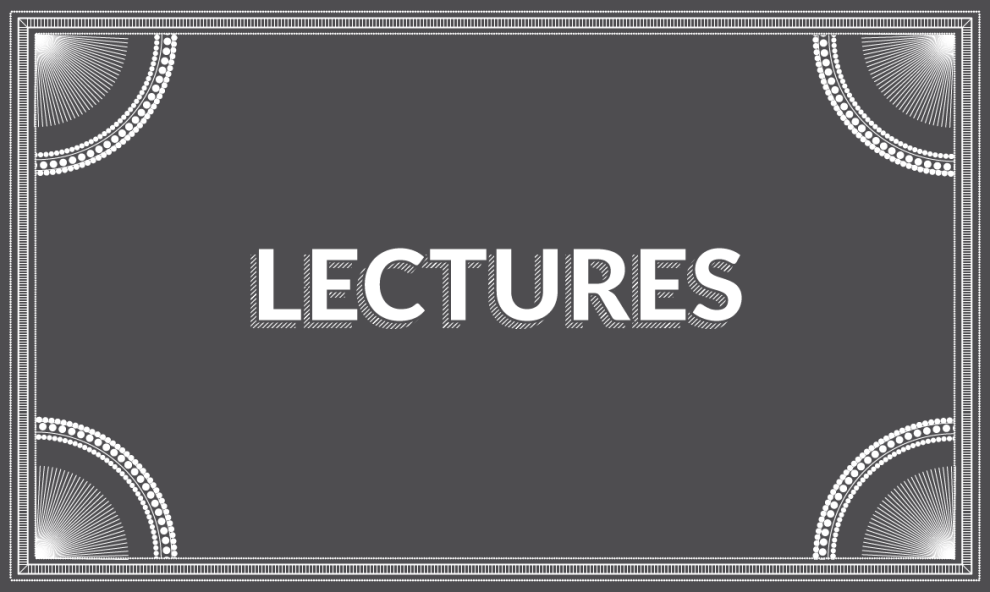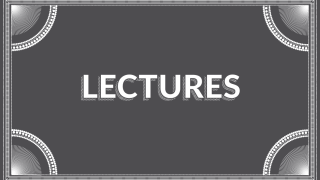According to an old saying, one is what one reads. Reading is one of my passions and occupations: through books, articles, and assays I learn from others, I reflect on what’s happening in the world and I shape my ideas and judgments. Some readings offer a profound and broad view, others are characterized more by a central idea. As the famous essay by Isaiah Berlin on hedgehogs and foxes, some authors observe the world from the vantage point of many experiences and perspectives (the foxes), while others concentrate on a great idea, the hedgehogs. For Berlin, Plato, Hegel and Nietzsche exemplify the latter, while Shakespeare, Aristotle and Pushkin illustrate the former. Something is learned from all, although some are more enjoyable than others.
This year I read novels, books on history, economics and even psychology. What follows is a series of brief comments on those that appeared to me to stand out more not only because of their excellence, but because they allowed me to learn new things or to reflect on ideas or perspectives that I saw the need to go over. There is no order, only ruminations.
Perhaps the most novel book for me this year was that of the recipient of the Nobel Prize for Economics, Daniel Kahneman, a psychologist who devoted himself to studying the way people make decisions. The book, Thinking Fast and Slow, encompasses an enormous spectrum of themes, but the heart of the argument is his theory on how the human mind thinks. For Kahneman there are two systems that drive the way of thinking: one is fast, intuitive and emotive, while the other is slower, the product of deliberation and more logical. Fast thinking offers enormous possibilities, but it is also the easy prey of prejudices and errors, in addition to its resting essentially on intuition more than on reflection. From this analysis, the author devotes himself to studying the impact of systems of thought on happiness, trust, the perception of risk and the way to come to a decision. Fascinating book.
Carlos Elizondo devotes With or Without Money to the dilemmas of government spending. He explains with an extraordinary clear mind the dynamics of spending, with particular emphasis on two criteria; what is government spending good for, and why it is not just a matter of raising more taxes. He dwells on the consequences of taxation, their impact on economic growth and the problem of a weak State that cannot even enforce the law. If you read only one book about Mexico or budgets and taxes this year, this should be it.
Six Months in 1945, by Michael Dobbs, is a wise and well told history of the last six months of the Second World War, a period that began with the meeting in Yalta of the “big three,” Roosevelt, Stalin and Churchill, when victory over the German Army seemed imminent. The avowed objective of these conversations was the construction of a lasting peace, but what really happened was that during those months the foundations were built of what would end up being the Cold War: the spheres of influence of the two super powers, the nuclear competition and the dividing of Europe. At the second summit of these three personages, in Potsdam, at the end of those six months, Churchill was already speaking about the “Iron Curtain.” What’s interesting about this book, a little like Barbara Tuchman’s famous work on the beginning of the First World War, The Guns of August, is observing how things can go in one or another direction and that a few things can make an enormous difference. In his most recent book, On China, Kissinger has a stupendous epilogue precisely about this: he writes of a brilliant document prepared at the British Foreign Office in 1907 on the evolution of Germany after its reunification in 1871. That analysis ended up forging the positions of the German as well as of the British side despite its being mere speculation: the consequences of the lack of communication, the example that Kissinger uses as a warning about the relation of the U.S. and China at present.
Unintended Consequences, a book by Edward Conard, defies the generalized concept on the cause of the current economic crisis. The author begins by posing some simple questions but ones with enormous depth: “If the U.S had become a nation of reckless wasteful consumers rather than investors, why did productivity soar in the years leading up to the meltdown? If predatory bankers took advantage of home owners, why did down payments decline, thereby shifting risk from home owners to lenders? If the risks were easy to spot, why did top political and financial advisers encourage lenders to make unsound investments? This is a book that plays devil’s advocate to conventional analysis, that does not skirt complex matters and that presents a sensible framework of economic recovery that won’t be much to the liking of those who prefer the government to resolve all of the problems.
In Left Behind: Latin America and the False Promise of Populism, the Chilean economist Sebastián Edwards offers a refreshing view of the avatars of the region’s economic policy. Eras of disproportionate hope, followed by periods of disillusionment, all due to the historical nature of the dominant economic policies, which favored regulation, corruption and manipulation over competition, markets and the rule of law. His main argument is that there is no way to cut corners to on the way to development: if a country wants to achieve it, it must adopt a strategy that makes it possible. In his analysis, which is concentrated above all on Chile, Mexico and Argentina, Edwards explains with devastating logic the reason for which populist policies, attractive as they seem on the surface, will never end the poverty that characterizes the region.
In closing, Karen Elliott House has just published a book that took decades to research. On Saudi Arabia is a journalistic marvel that permits one to insert oneself into the Saudi clans and families –from the Royal Family to the commoner population- and to have a glimpse into a complex and distinct world that is experiencing the death rattles of regional revolutions, a generational transition and a key industry, all this in the midst of a religious fervor that does not augur obvious success.
Happy New Year to all!





Comments